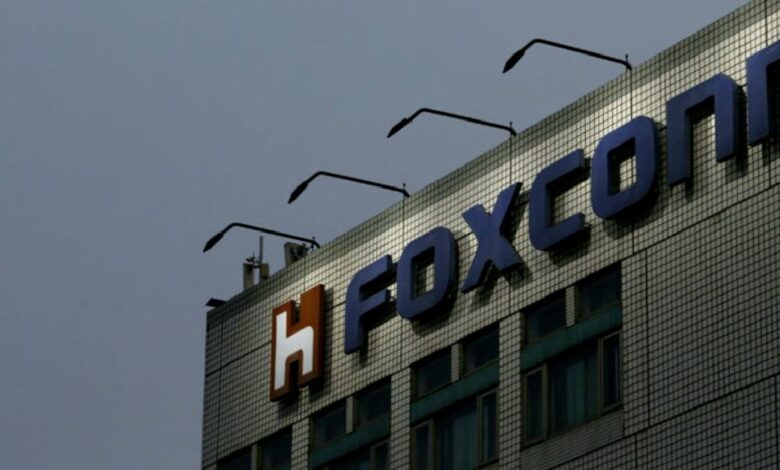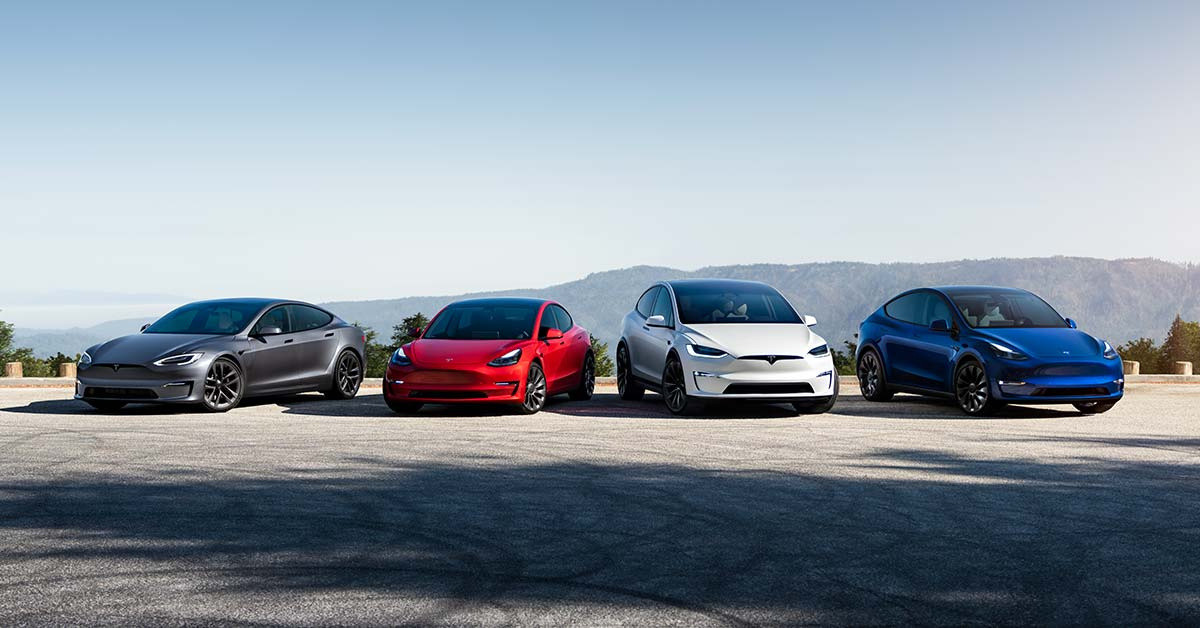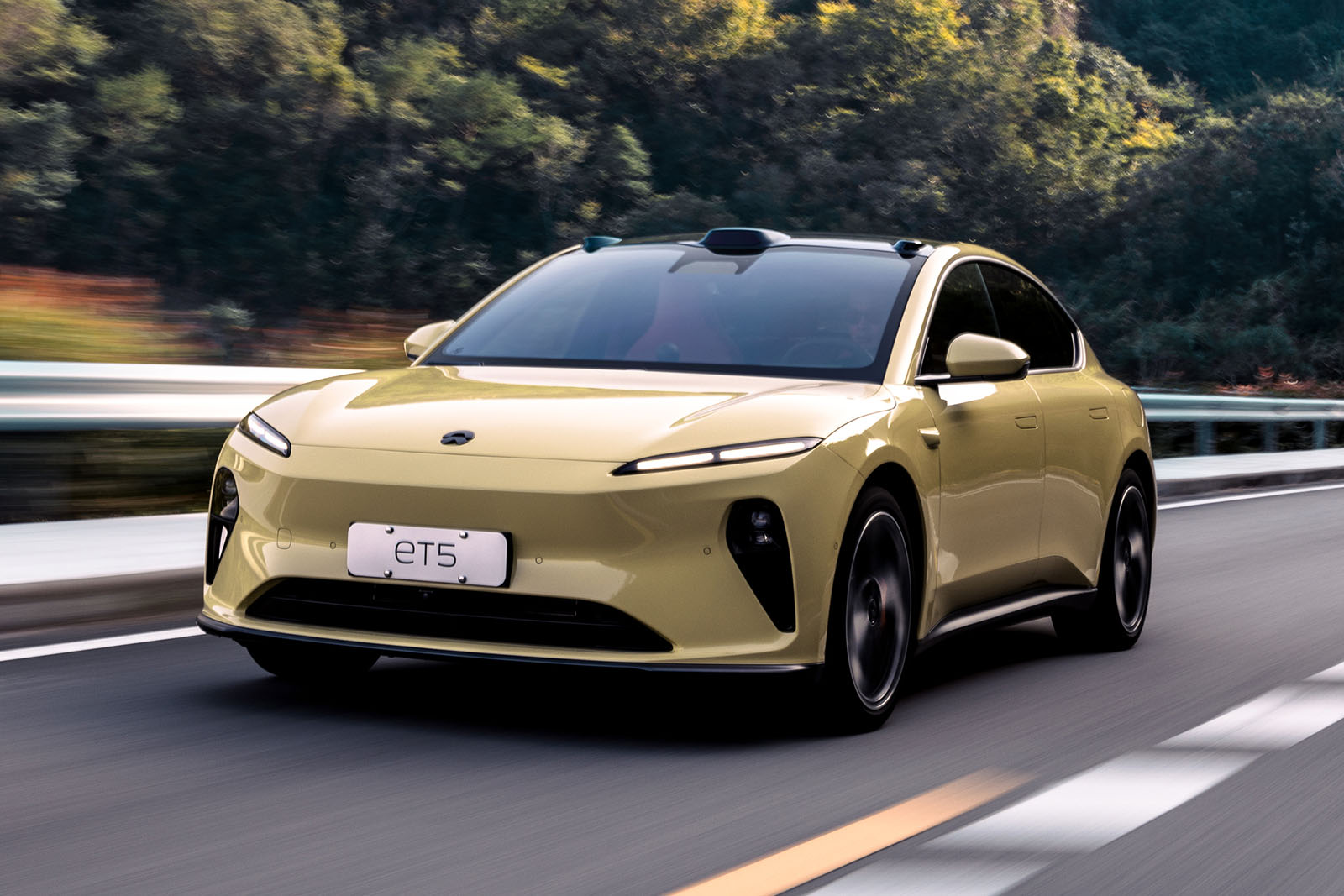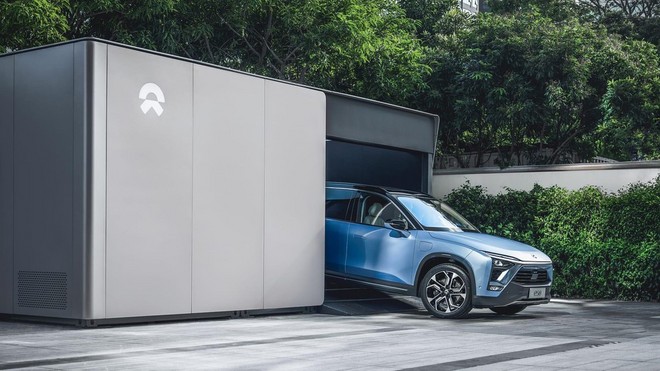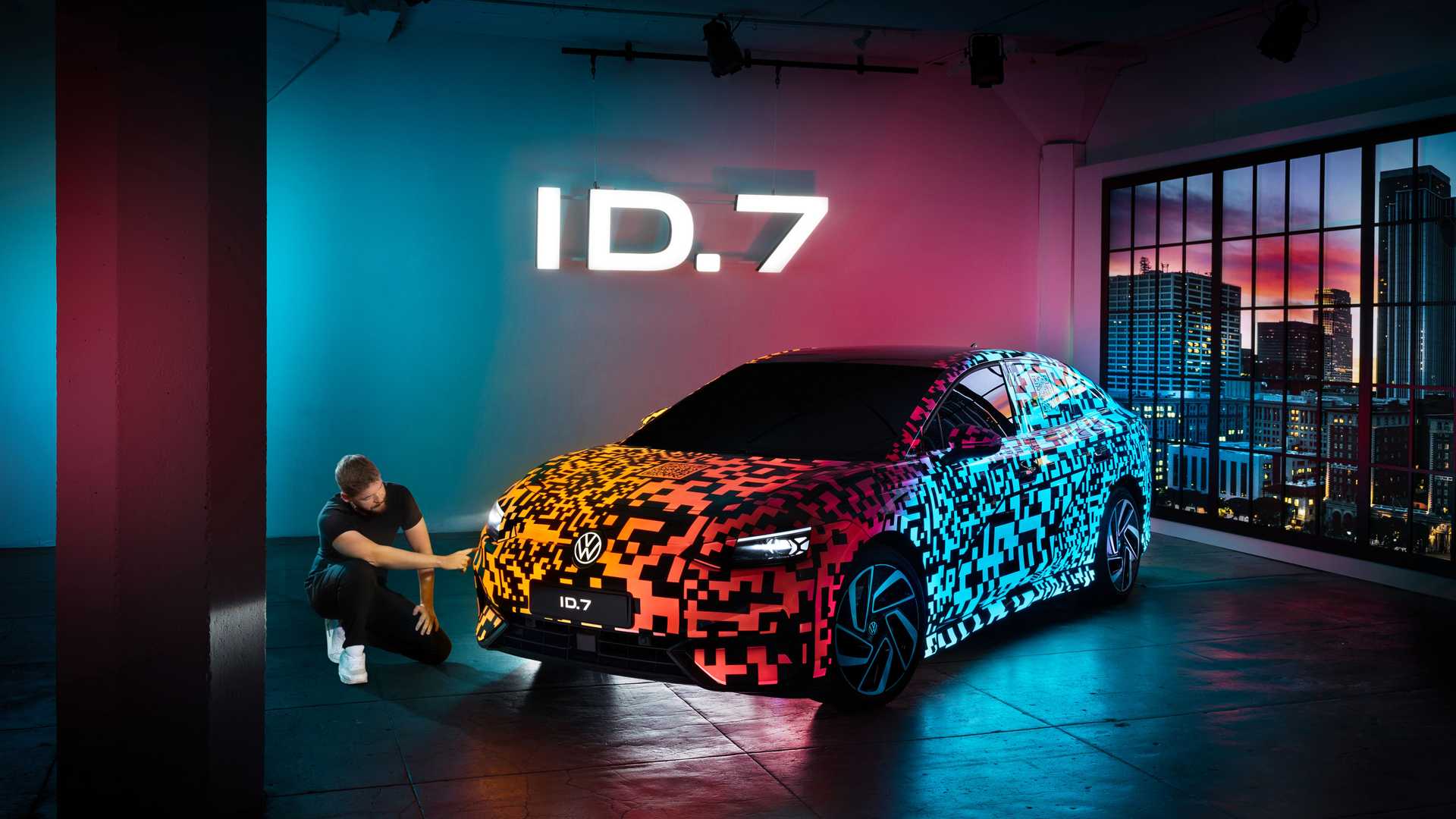Nvidia has signed a new partnership with Foxconn last Tuesday (03/01), the world’s largest technology maker, to produce Nvidia Drive Orin processors for use in electric and autonomous vehicles.
Foxconn will also be using Nvidia Drive Orin hardware and the Drive Hyperion sensor suite in its future electric vehicle lineup.
Nvidia Drive Orin SoC (system-on-a-chip) delivers 254 TOPS (trillion operations per second) and is the central computer for intelligent vehicles. It is the ideal solution to support autonomous driving capabilities, confident vision, digital clusters and AI cockpits. Orin’s Drive scalable product suite enables developers to build, scale, and leverage a single development investment across the entire fleet, from Level 2+ systems to Level 5 fully autonomous vehicles.
Foxconn serves as a tier-one supplier of electronic control units based on Nvidia Drive Orin system-on-a-chip processors globally, providing large-scale volume manufacturing to meet the demands of various automakers. (such as Mercedes-Benz and Volvo) with plans to use Drive’s artificial intelligence technology in the next generation of driver assistance systems and automated cars.
Foxconn has also recently announced to participate in the development of electric cars. In 2021, Foxconn announced that it would build an electric car factory in the United States starting in 2023.
The Chinese company plans to launch 3 electric vehicles, namely the Model E luxury sedan, the Model C SUV and the Model T electric bus. These three vehicles will appear under the Foxconn brand.
Then they also announced plans to buy the Ohio manufacturing plant Lordstown Motors and help realize production of the Endurance electric pickup.
The plan empowers Foxconn to build its own electric cars, one of which is a partnership with another company to build the Endurance’s electric pickup.
That’s potentially a lot of the electric cars Foxconn will build, according to the Nvidia partnership announced today, likely all powered by Nvidia spec chipsets and sensors. Meanwhile, Nvidia is already hard at work on its next-generation automotive SoC called Nvidia Drive Thor, which was announced late last year and is expected to start being used in vehicles from 2025.

